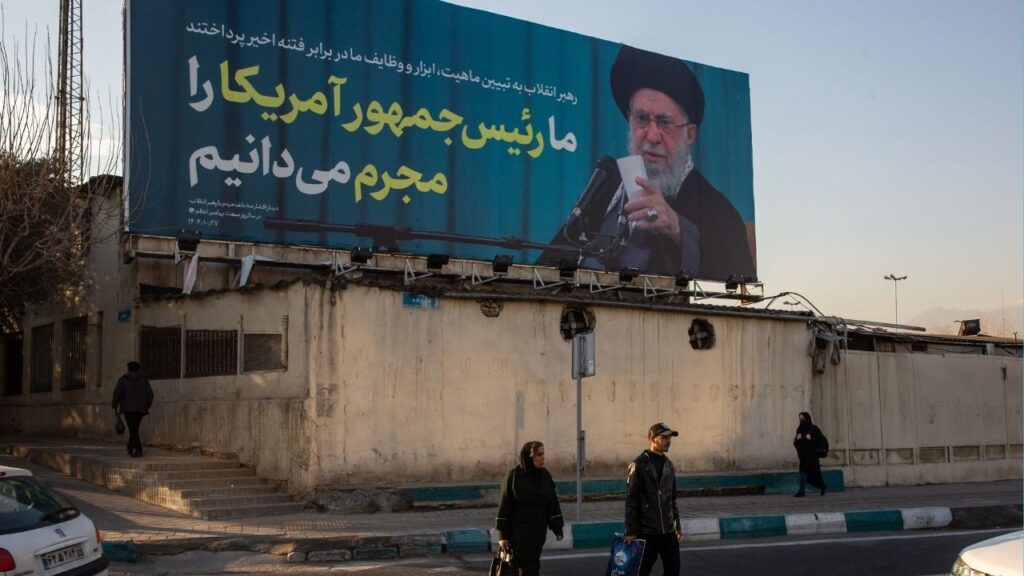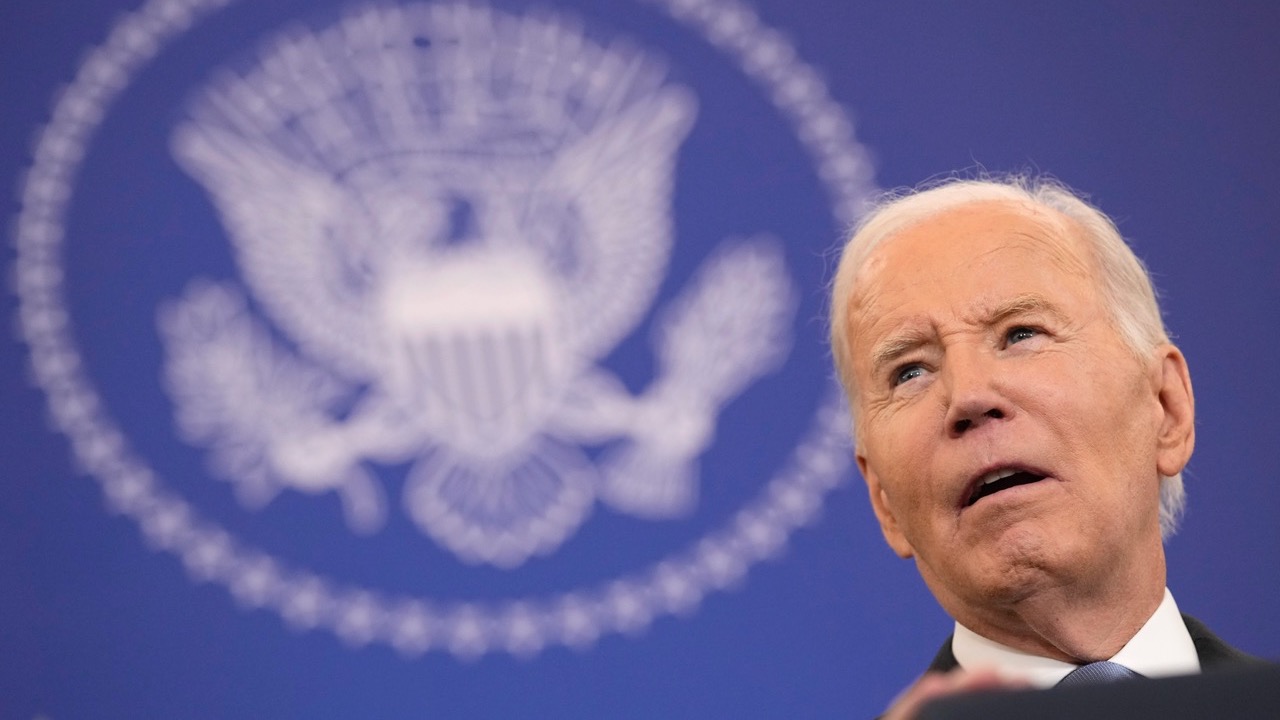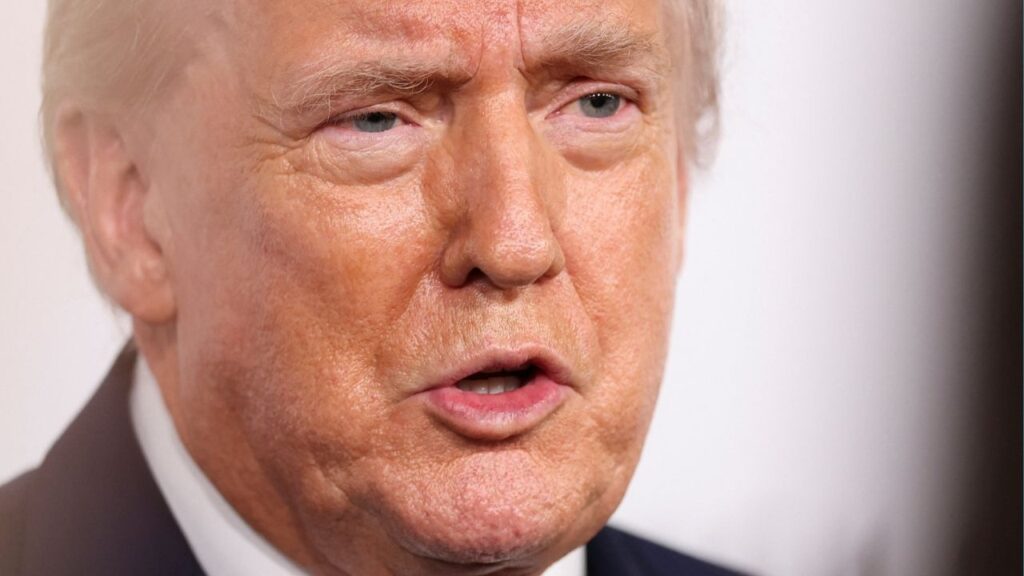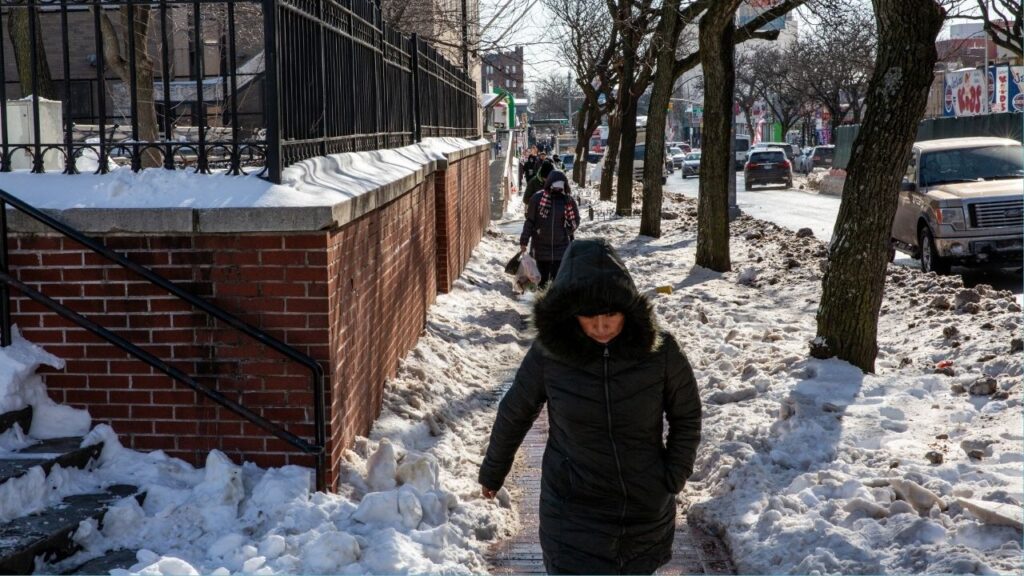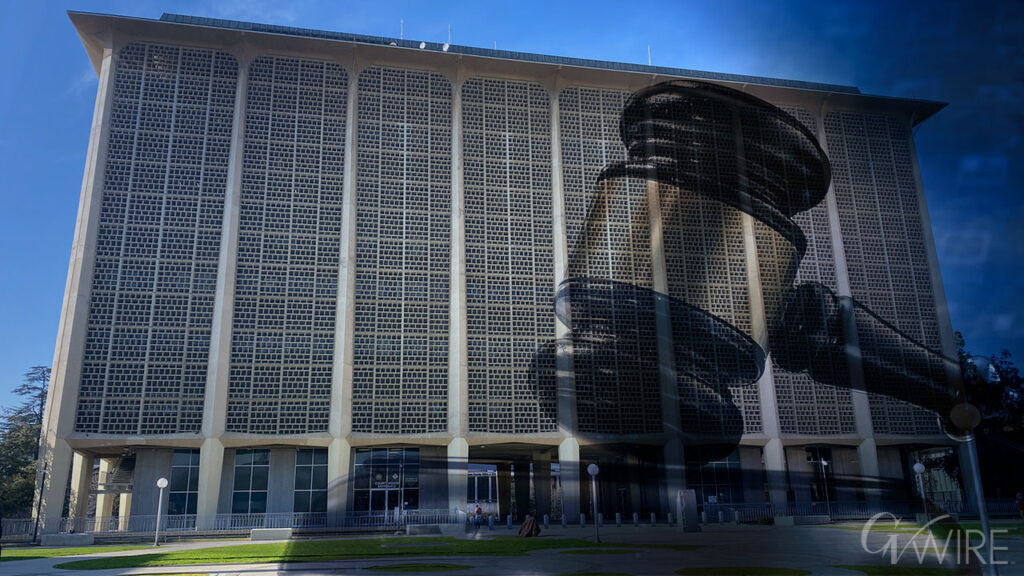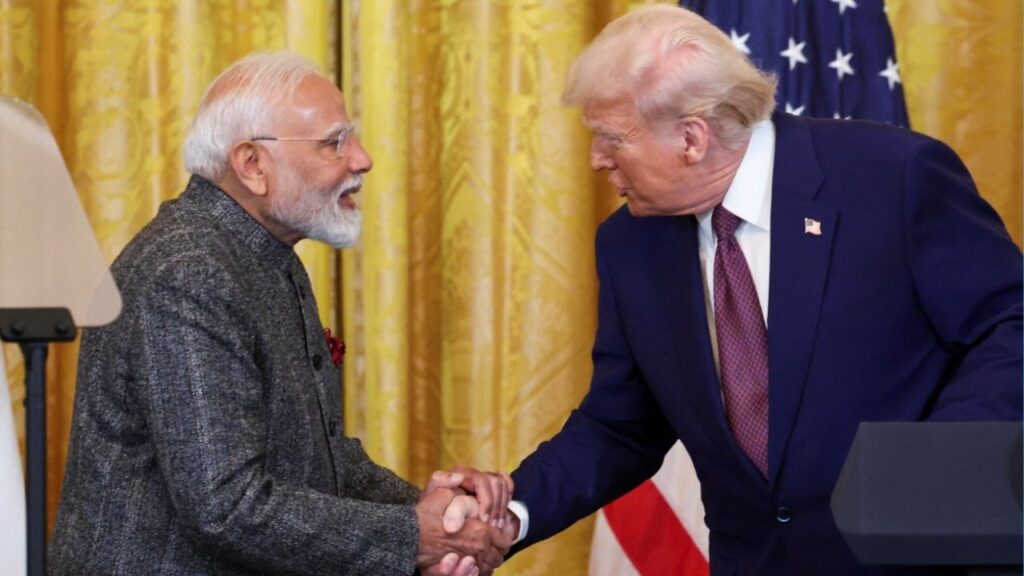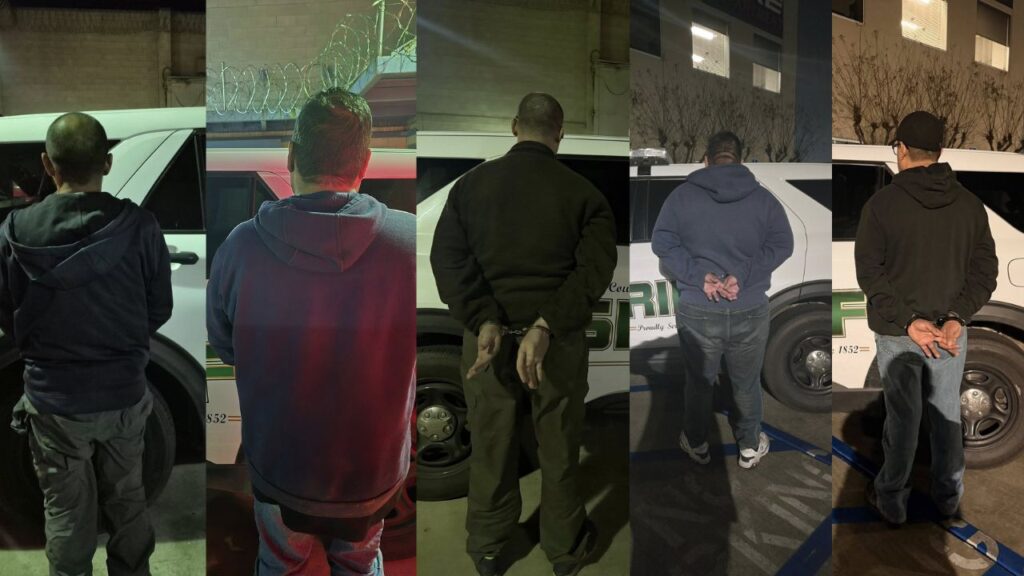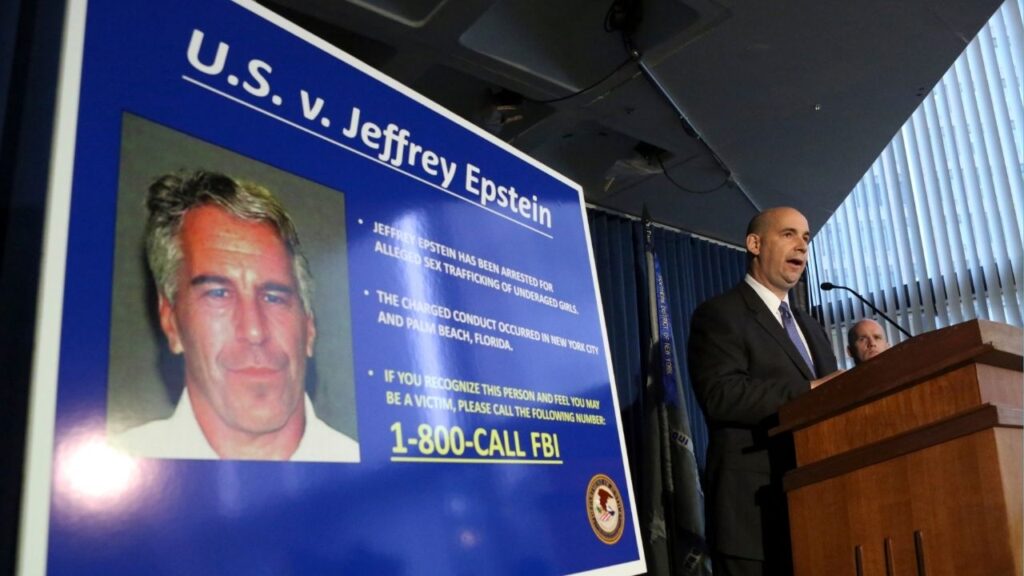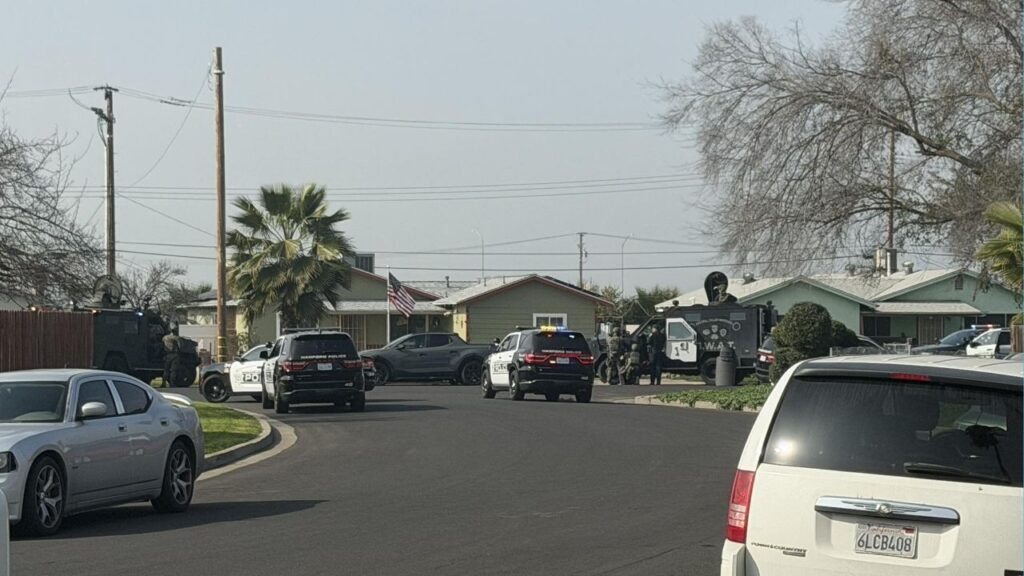Biden's move to lift Cuba's terrorism designation sparks debate, faces potential reversal under Trump. (AP/Susan Walsh)

- Biden aims to lift Cuba's terrorism designation, part of a deal to free political prisoners.
- The move could face reversal under the incoming Trump administration and Secretary of State-designate Rubio.
- Human rights groups have urged the action to ease economic pressure on the Cuban people.
Share
WASHINGTON – President Joe Biden notified Congress of his intent to lift the U.S. designation of Cuba as a state sponsor of terrorism, the White House announced, as part of a deal facilitated by the Catholic Church to free political prisoners on the island.
Senior U.S. administration officials, who previewed the announcement on the condition of anonymity, said “many dozens” of political prisoners and others considered by the U.S. to be unjustly detained would be released by the end of the Biden administration at noon on Jan. 20.
The U.S. would also ease some economic pressure on Cuba, as well as a 2017 memorandum issued by then-President Donald Trump toughening U.S. posture toward Cuba.
Related Story: The Biden Presidency: Four Illusions, Four Deceptions
Potential Reversal Under Trump Administration
The determination by the outgoing one-term Democrat is likely to be reversed as early as next week after Trump, the Republican who is now president-elect, takes office and Secretary of State-designate Marco Rubio assumes the position of America’s top diplomat.
Rubio, whose family left Cuba in the 1950s before the communist revolution that brought Fidel Castro to power, has long been a proponent of sanctions on the communist island. Rubio will appear before the Senate Foreign Relations Committee on Wednesday for his confirmation hearing and is expected to address his Cuban roots in his testimony.
Trump has also appointed Mauricio Claver-Carone, a former White House National Security Council aide and strong supporter of sanctions against Cuba, to be his special envoy to Latin America.
Related Story: Biden to Deliver Prime-Time Farewell to Nation on Wednesday From Oval Office
Previous Designations and Sanctions
In the final days of Trump’s first administration, on Jan. 11, 2021, the White House reinstated the designation, which had been reversed during the period of rapprochement between Cuba and the United States during President Barack Obama’s second term in office. In doing so, the Trump administration cited Cuba’s support for Venezuela’s leader, Nicolas Maduro, and its refusal to extradite Colombian rebels to Colombia, among other issues, including its continued harboring of wanted Americans.
The move to designate Cuba by Trump was one of several foreign policy moves he made in the final days of his first term.
About six months after Trump designated Cuba as terror sponsor, the Biden administration levied new sanctions on island officials and the national revolutionary police after hundreds of Cubans were arrested during demonstrations in Havana and other cities to protest shortages, power outages and government policies. They were the first such protests since the 1990s.
Reactions and Future Implications
Human rights groups and activists, including the U.S. Conference of Catholic Bishops, have been pressing the Biden administration to lift the designation to ease the suffering of Cuban people who feel the impact of Cuba’s economic isolation
Congress and the incoming Trump administration will have the opportunity to review and potentially reverse Biden’s actions, though the senior U.S. administration officials said the Biden administration had determined there was “no credible evidence” that Cuba was currently engaged in supporting international terrorism.
There was no immediate comment from the Trump transition team or from Rubio or his office, but one of his Republican colleagues on the Senate Foreign Relations Committee, Texas Sen. Ted Cruz, quickly denounced the Biden administration move.
“Today’s decision is unacceptable on its merits,” Cruz said in a statement. “The terrorism advanced by the Cuban regime has not ceased. I will work with President Trump and my colleagues to immediately reverse and limit the damage from the decision.”
Rep. Carlos Gimenez, a Florida Republican, criticized the move and predicted that Trump would quickly reverse Biden’s decision.
Related Story: Biden Administration Extends Temporary Status for More Than 200,000 From El ...
“President Biden is a pathetic coward,” Gimenez posted on X. “Come January 20th, there will be a NEW SHERIFF in town & President Trump alongside Secretary of State @SenMarcoRubio will not only put #Cuba BACK on the list but PULVERIZE the regime once & for all!”
Biden in a national security memorandum issued Tuesday certified that Cuba hasn’t provided any support for international terrorism during the last six months and had provided the administration with assurances that it wouldn’t support acts of terrorism in the future.
The move comes after the administration in May removed Cuba from the State Department’s short list of countries that it deems less than fully cooperative against violent groups.
RELATED TOPICS:
Categories
